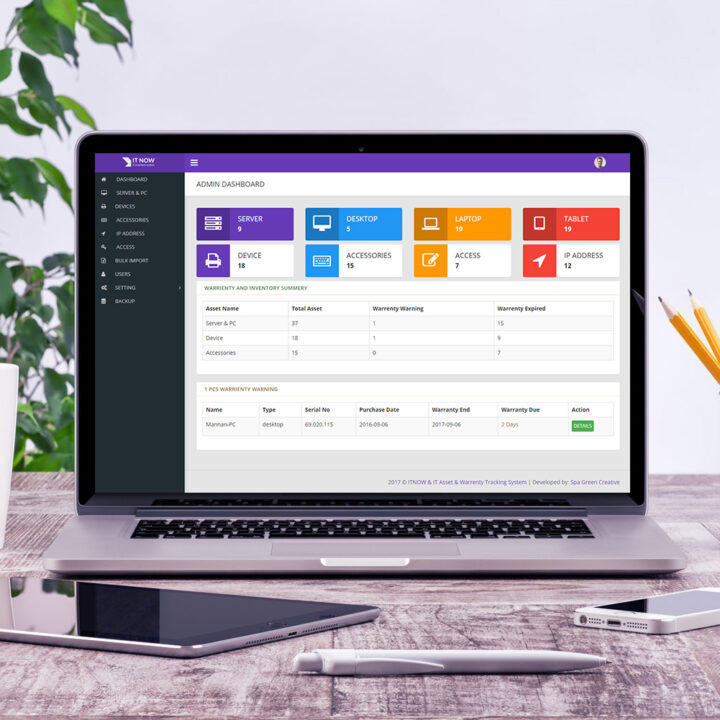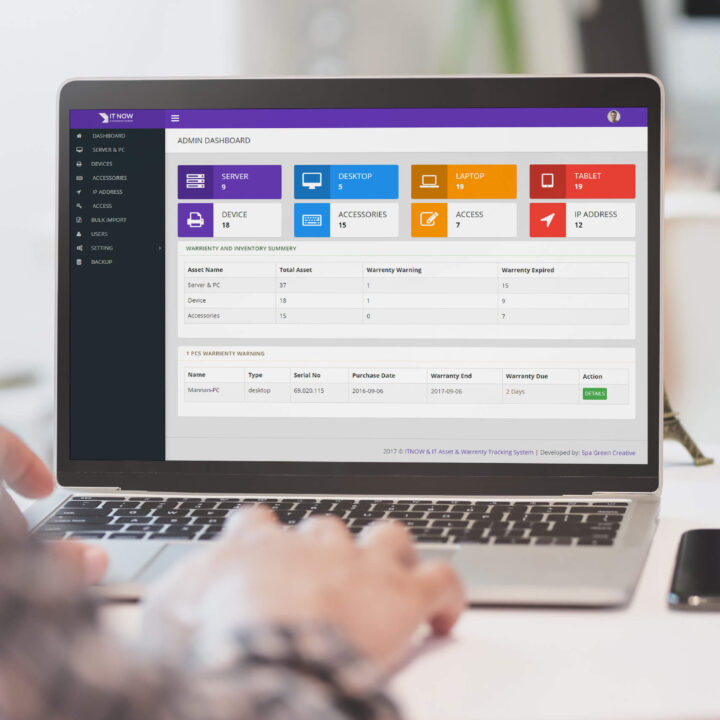DevOps seeks to deliver higher-quality software faster, resulting in a better customer experience. It's a win-win!
Benefits of DevOps
DevOps provides organizations with improved operational efficiency.
Productivity Improvement: Keeping software development teams up to date on training is one way to boost productivity. Regular check-ins on tasks can help avoid getting absorbed in working independently.
Consistent Software Delivery: Maintaining consistency in software delivery is crucial in staying competitive. If you’re not innovating or delivering for clients’ needs, someone else will.
Reduce Complexity: Developers can benefit from DevOps software for projects involving cloud-native and mobile app development, application integration, and modernization across multiple clouds.

Our must have DevOps services
We can help your organization go from concept to innovation in a flash by providing DevOps consulting services and expertise in assessment, automation, and management.
We ensure your data is safe from any attack by securing our code using DevSecOps. Our engineers integrate security at the front-end, back-end, and everywhere in between.
With over a decade of experience in software development, SpaGreen Creative can help you take advantage of the cloud. We can unlock all potentials while driving scalability, transparency, and teamwork across teams.
Before building an implementation plan tailored for you, we’ll assess the current state of your software distribution process and design it to fit your future needs. SpaGreen consultants are expert at integrating software distribution with businesses.
Our approaches and methodologies
With SpaGreen’s backing, you are backed up by a dedicated and skilled team round-the-clock. We handle all of our processes in a customer-oriented manner, reducing business operation costs, addressing IT resource issues, and providing you with an advantage. We begin with a in-depth assessment of your demands and continue post-launch support and updates.
1
Research and Discovery
2
Validating and Shaping Idea
3
Design and Prototyping
4
Development phase
5
Testing and Quality Assurance
6
Maintenance and Support
Choose the right tech partner
You’re almost there—you just need to discuss with us.
Frequently Asked Questions
Let’s not hesitate to find your queries
Is DevOps a tool?
The term DevOps is a blend of two words: Dev, which refers to development, and Ops, that refers to operations. It describes a job culture that combines people, procedures, and technology. Using DevOps methods and tools, teams are more able to respond to clients' needs, increase confidence in their applications, and achieve business objectives faster.
How can a large enterprise adopt DevOps?
Large organizations that have been building technology for decades may find DevOps adoption difficult, but it is not impossible. In order to standardize processes and tooling, DevOps demands patience and persistence. DevOps is a journey, and teams should be open to seeing failure as an opportunity to learn and adopt new processes.
How does DevOps drive business results?
The goal of DevOps is to provide continuous value to customers. In order to achieve business goals, DevOps teams can release frequent code versions, reducing the number of implementation failures. This reduces recovery time, allowing for a quicker response to the market.
What is the difference between DevOps and DevSecOps?
In DevOps, Development and Operations teams collaborate to break down silos. DevSecOps addresses the problem of integrating a culture of continuous deployment throughout the development process by connecting it with security.
What is DevOps lifecycle?
DevOps Lifecycle is a methodology software development teams use to bring products to market more quickly and efficiently. It's a way of managing the entire software lifecycle from development through release, focusing on collaboration between developers and IT operations professionals.










